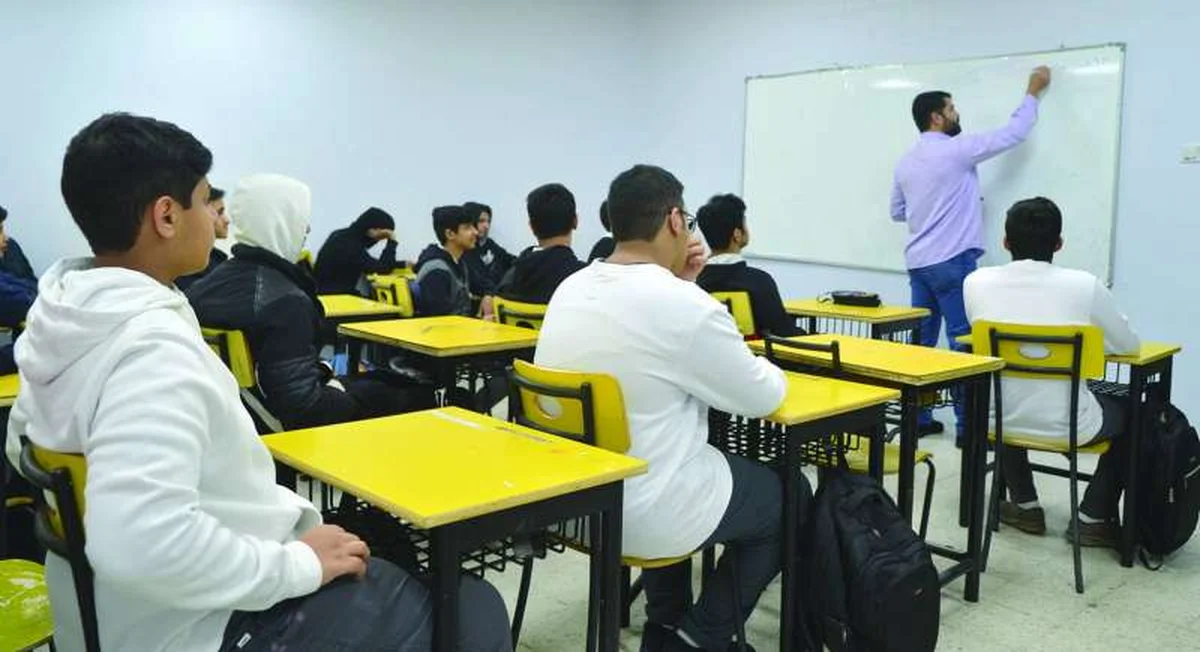22/01/2025
22/01/2025

KUWAIT CITY, Jan 22: Academic sources have emphasized the importance of regulating tuition fees for internal scholarships at private universities and monitoring the performance of struggling students as one of the proposed solutions to mitigate the negative effects of high costs and academic failure. These measures aim to maintain the primary objective of internal scholarships to enhance educational development. This comes as the Private Universities Council, chaired by Minister of Higher Education and Scientific Research Dr. Nader Al-Jalal, discussed the financial impact of academic failure on internal scholarship students, and the implementation of these measures starting from the first semester of the 2025/2026 academic year. Data regarding tuition fees for internal scholarships at private universities and colleges reveals a significant rise in costs over the past few years.
This increase highlights the financial challenges students face in managing tuition payments and the financial implications involved. The sources explained that, despite the financial burdens resulting from increased fees and student failures, the internal scholarship system is seen as a valuable investment in education and the development of national competencies. These programs offer students the opportunity to pursue various specializations that align with labor market needs, and enhance the long-term efficiency of the national human resources. The total fees for internal scholarship students constitute a major financial strain on the state budget, as the Ministry of Higher Education covers the costs. With the rising number of students enrolled in private universities under the internal scholarship program, government spending on these scholarships has escalated considerably.
Also, failure of students in academic subjects are cited as one of the main challenges facing the internal scholarship system. This not only delays graduation but also results in higher tuition costs due to the need for re-registration in courses and delayed graduation. This stumbling block not only costs the government additional funds but also creates psychological and social challenges for struggling students and their families. They have called for a review of tuition fees at certain universities and the introduction of support mechanisms for struggling students, such as academic reinforcement programs or the provision of academic advisors to help students overcome their difficulties. They also stressed the need to establish a system to evaluate the academic performance of universities and ensure that the quality of education aligns with the high costs.
Meanwhile, the Private Universities Council convened a meeting, chaired by the Minister of Higher Education and Scientific Research Dr. Nader Al-Jalal, in the presence of the acting Secretary-General of the Private Universities Council Adel Al-Bader and its members at the Ministry of Higher Education’s headquarters in Sanabel Tower. Al-Bader announced that the Council reviewed the agenda items, including the ratification of the minutes from the previous meeting and a follow-up on the procedures taken by the General Secretariat to implement the decisions issued in meeting No. 91. The Council also discussed the financial implications of academic setbacks for internal scholarship students, with the new policies set to take effect starting from the first semester of the 2025/2026 academic year. In this context, tuition fees for two semesters range from KD 3,560 at some technical colleges to as much as KD 6,480 at others. It appears that the fees vary from one university to another, with some maintaining stable rates over recent years, while in others, the fees for students during the academic year remain below KD 4,162. In addition, Al-Bader stated that the Council reviewed the recommendation of the Applications Study Committee regarding the detailed statement submitted by the Al-Salam University Educational Company for the establishment of Al-Salam University, as well as the proposal submitted by the National Technology Projects Company for the establishment of the British International University.
By Abdulrahman Al-Shammari
Al-Seyassah/Arab Times Staff


